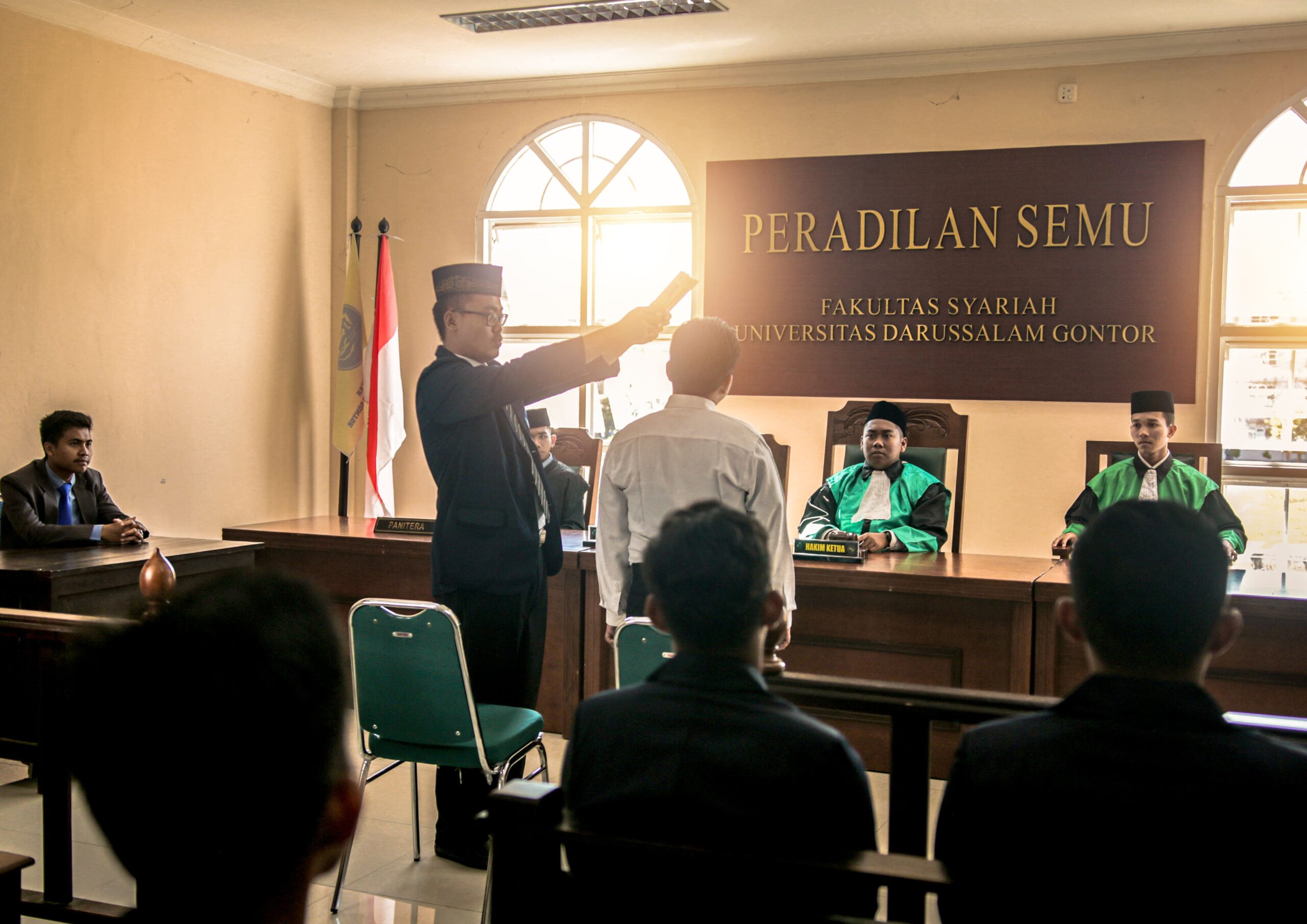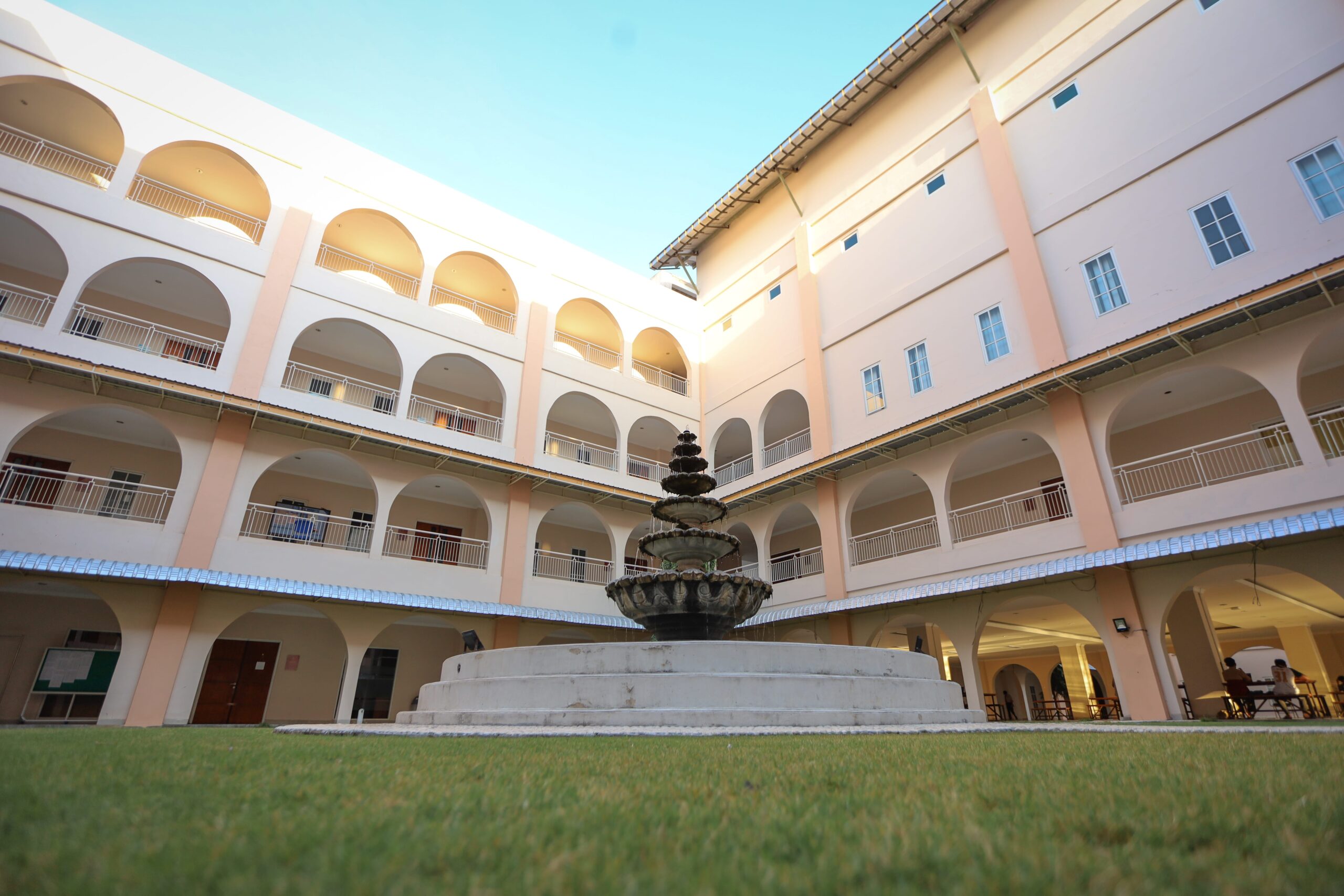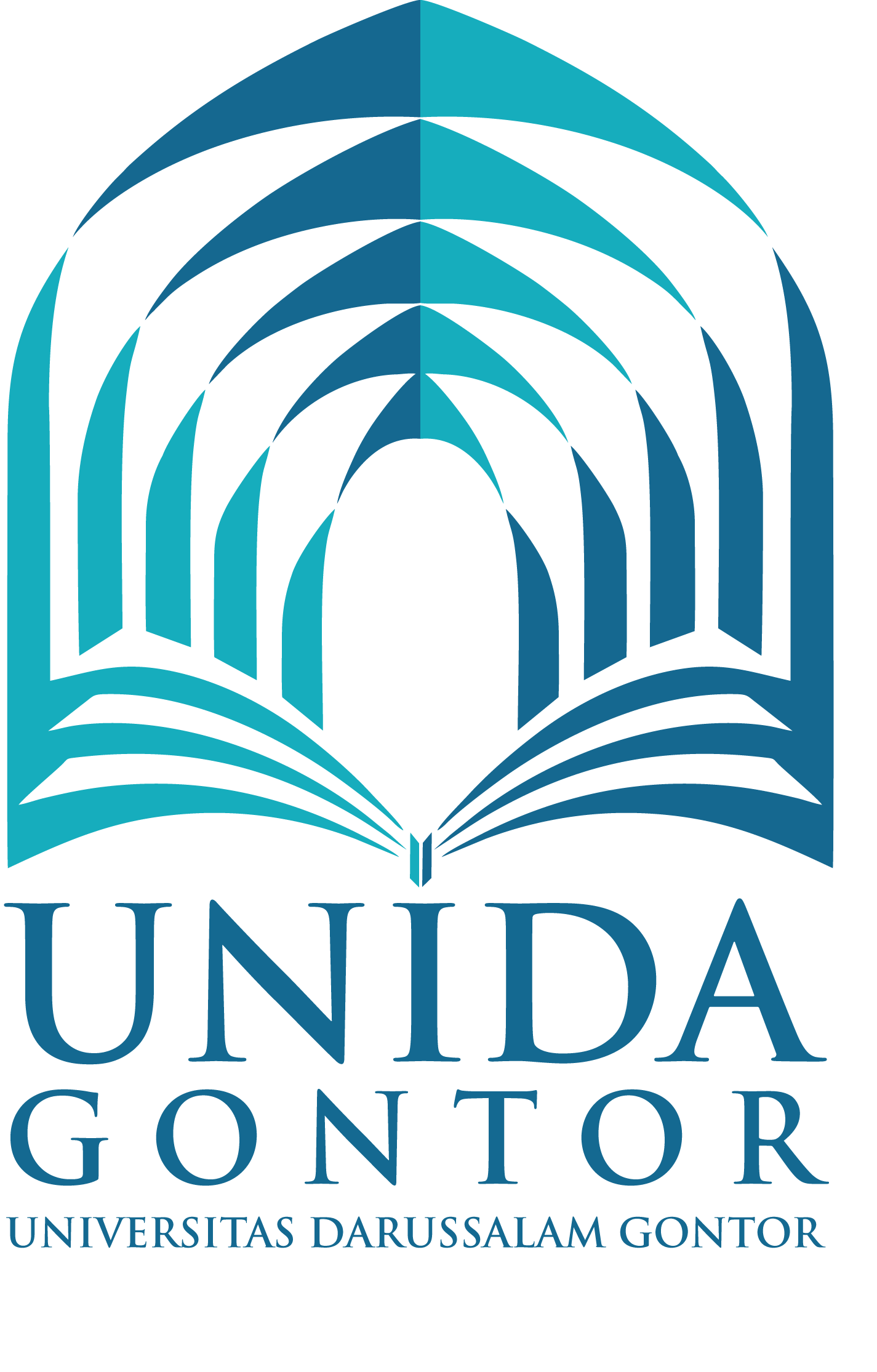
Characteristics
By the support of lecturers of Middle East university graduate, the department attempts to prepare scholars who are expert at Fiqh, who master not only Islamic Laws of one school, but also all schools of jurisprudence. It is socially necessary for resolving syariah problem in the society and academically essential for extensive study of Islamic law. In addition to the study of Islamic law the students also learn Indonesian civil and criminal law to broaden their outlook on dealing with legal cases. This department has been recognised by the Government of Indonesia in 2022, under the decree of Board of National Accreditation, with the grade “Excellent”.
Some excellencies in this department are mastering the jurisprudence from the original source with positive law, using Arabic and English as the language teaching of fiqh, conducting international cooperative relationship that enable the graduates to undertake their further studies in abroad, conducting practical on judicial program that provided the graduates to be able to involve in religious courts, more of that it was being accredited by National Accreditation Board of Higher Education.
Vision
Excellence in the advancement of Sharia and legal sciences in the contemporary reality, grounded on Islamization (integration) with the pesantren-based university system for the benefit of ummah.

Mission
Education and Learning
Carrying out pesantren-based education and learning processes in the fields of sharia science (comparative schools of jurisprudence) and legal science in order to develop the Islamization of contemporary knowledge;
Community Service
Enhancing the implementation of community service as a form of the role of the Department of Comparative School of Jurisprudence and Law for the welfare of ummah;
Partnership
Improving collaboration in the Tridharma of higher education at both regional and international levels in the areas of sharia science (comparative schools of jurisprudence) and legal studies;
Research
Developing integrative research in the field of Sharia and legal science based on comparative schools of jurisprudence.
Aims
Strategy
Why choose Comparative School of Jurisprudence at UNIDA Gontor
Islamic intellectual
To create Muslim scholars who have a comprehensive Islamic knowledge and civilisation with reference to Islamic intellectual heritage so as to be able to comprehend, criticise and select other civilisation.
Islamisation knowledge
To produce Muslim scholars who have competency of carrying out the process of integration and Islamisation of contemporary knowledge, individually or collectively by collaborating with experts of various disciplines, according to the present need of the Muslim ummah.
Develop civilisation
To provide Muslim scholars who can integrate their moral and intellectual force so as to be able to play their contributive role for the development of Islamic thought and civilisation.
Strong Alumni Network
UNIDA Gontor boasts a wide-reaching alumni network that spans across various industries and professions. Graduates of the university have made significant contributions to society, showcasing the impact of a UNIDA Gontor education and providing mentorship opportunities for current students.
Lecturers
















Core Courses
- Comparative Study of Islamic Law
- Tafsir Ahkam
- Hadits Ahkam
- Islamic Penal Code and Introduction to Law
- Islamic Legal Philosophy
- History of Islamic Jurisprudence
- Memorising Al-Quran
